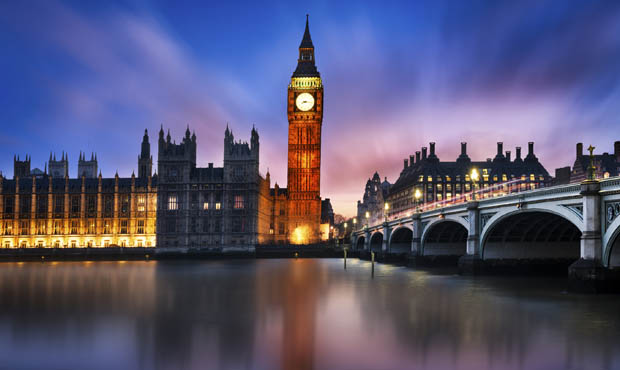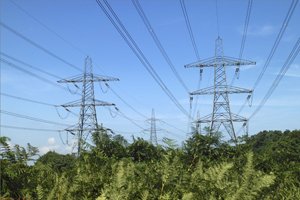There are no awards for this [perhaps there should be?] but we have been told by our Account Manager of the supplie
The Carbon Trust believes that the public sector could immediately cut its energy bill by £1 billion by implementing energy efficiency projects.
Energy efficiency is particularly important for public sector organisations, which often work within tight budgets and must make sure that they spend public money wisely.
For instance, improved energy efficiency in a hospital without compromising on safety or comfort releases important funds for further patient care. Schools, further and higher education establishments are always under financial pressure. Crucially, an energy efficiency initiative can not only reduce their costs, it can also improve their learning environment.
In addition, local authorities are increasingly expected to provide leadership in their communities on environmental issues and to practice what they preach.
Here are some easy energy efficiency tips to get you started.
Heating, hot water and air conditioning
- Avoid overheating water - check thermostats and controls regularly. Aim for 60°C, any more than this wastes energy.
- Avoid overheating office areas. Heating should be set to 19-21°C.
- Check time switches so that heating times match building occupancy.
- Consider switching off heating for 30 minutes to an hour at the end of the day; most buildings retain their heat for this period and until staff have left the building.
- Encourage staff to use window blinds. These are useful in winter to maintain heat in the building and also to reduce solar gain in summer. Both types of usage will reduce energy consumption.
- Save energy by avoiding excessive cooling: air conditioning is rarely necessary below 24-26°C.
- Ensure that the radiator circuit is weather compensated to reduce overheating. If overheating occurs, make sure that the heat is turned down rather than opening the windows.
Lighting
- Install energy efficient lights. For example, compact fluorescent and LED products that use 80% less energy could replace conventional lamps. Also, because these lights generate less heat, they put less strain on your air conditioning systems.
- Keep windows, skylights and light fittings clean. Without regular maintenance, light levels can fall by up to 30% in three years.
- Make it clear which lights should be left on and which can be off when not needed. For example, you might choose to light one area continuously, but specify that certain rooms should only be lit when they are in use.
- Educate office, cleaning and security staff to switch off lights when leaving areas of the building at the end of the day.
- Use time switches. Many offices leave lights on throughout the night for security reasons. Time switches and day light sensors will ensure lights are only on for the required hours.
- Ensure that pipework is well insulated.
Ventilation
- Install variable-speed drives. These can reduce the running costs of fans and pumps by up to 30%.
- Ensure air recycling is optimised, particularly at times of low occupancy.
- When investing in new equipment, consider high efficiency equipment for your heating, ventilation and air conditioning system. In many instances, the additional cost of energy efficient equipment is soon recouped through additional energy savings.
Did you know?
- For every 1°C of overheating in an educational establishment, its fuel consumption will increase by around 8-10%.
- Simple actions as a consequence of raising awareness could reduce the energy use in a hospital by up to 25%.
- Making good use of daylight in a classroom can reduce its lighting costs by as much as 19%.
Source: Carbon Trust



